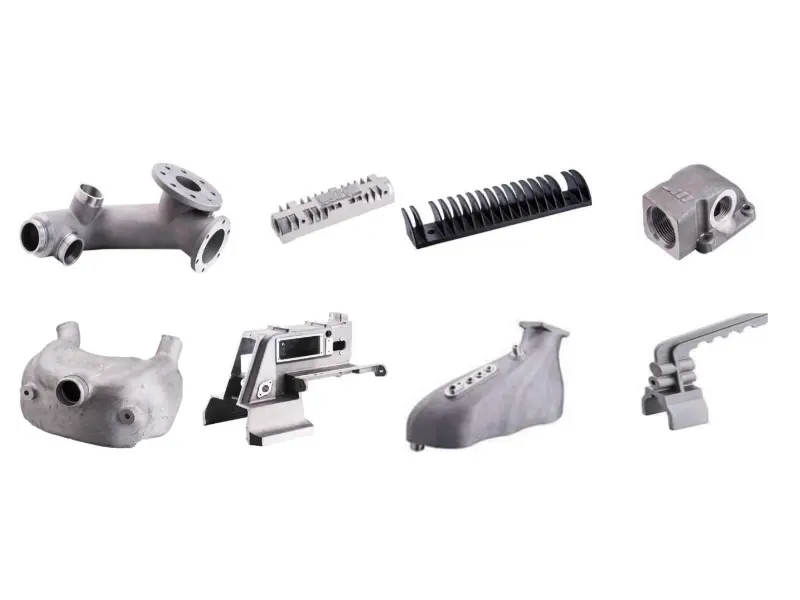What are the benefits of gravity casting?
Gravity casting offers several key benefits, making it an ideal choice for manufacturing high-quality metal components. Here are some of the main advantages:
1. Consistent Quality and Precision
- Gravity casting uses a controlled pouring process where molten metal flows into the mold by natural gravitational force, resulting in a consistent and stable filling. This ensures high dimensional accuracy, which is crucial for industries that require precise, reliable parts like automotive and aerospace.
2. Improved Mechanical Properties
- Gravity-cast parts generally have better mechanical properties, such as increased strength and durability, compared to sand-cast parts. The controlled cooling and solidification result in fewer internal defects and stronger material characteristics.
3. Reduced Porosity
- Compared to pressure die casting, gravity casting often leads to parts with lower porosity. This is important for applications where material integrity is critical, as reduced porosity enhances strength and reduces the risk of cracking or failure under stress.
4. Suitable for Complex Shapes
- Gravity casting is effective for producing complex shapes and thin-walled components that would be challenging with other methods. This makes it suitable for parts with intricate designs, like engine components, transmission housings, and various types of hardware.
5. Cost-Effective for Medium to Large Production Runs
- Gravity casting is more cost-effective than methods like investment casting or pressure die casting for medium to large production runs. The process allows for reusable molds, reducing material costs over time and enabling efficient production without extensive tooling expenses.
6. Versatility with Materials
- Gravity casting is commonly used with a wide range of materials, including aluminum, copper, zinc, and magnesium alloys. This flexibility makes it adaptable to various industries and allows manufacturers to select materials based on the specific needs of the application, such as corrosion resistance or lightweight properties.
7. Sustainable and Environmentally Friendly
- Gravity casting generates less waste compared to other processes, as the molds can often be reused. Additionally, it requires less energy than pressure-based casting techniques, making it more environmentally friendly.
8. Less Need for Secondary Machining
- Parts produced by gravity casting often require minimal secondary machining, reducing manufacturing time and costs. The process achieves smooth surface finishes and accurate dimensions, allowing some components to be used with little to no additional processing.
In summary, gravity casting is valued for its quality, strength, versatility, and cost-effectiveness, particularly for medium to large production runs of complex metal components. This makes it an attractive option for manufacturers seeking durable, precision parts.

